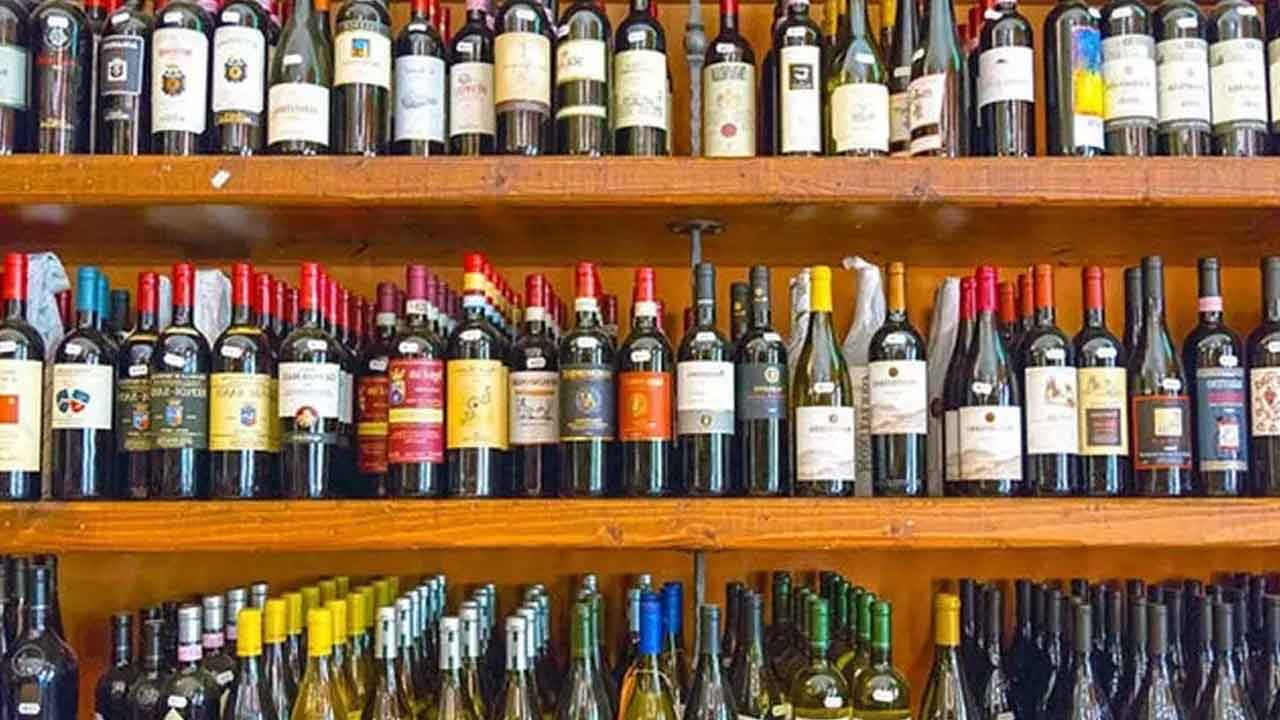Business
Sharp Decline in Liquor Shop Licence Applications in Adilabad

Applications for liquor shop licences in the erstwhile Adilabad district have significantly decreased, resulting in the Prohibition and Excise Department extending the submission deadline. The decline, which has raised concerns among local traders, is attributed to increasing demands for bribes from officials and the obligation to supply liquor to elected representatives and bureaucrats.
The situation has prompted the department to extend the deadline for licence applications from October 18 to October 23. According to officials, there were 3,892 applications submitted for 192 outlets across the Adilabad, Nirmal, Mancherial, and Kumram Bheem Asifabad districts, a drop from 4,356 applications in the previous licensing period of 2023–25. The decline highlights a troubling trend in a sector typically regarded as lucrative.
Traders have expressed frustration over the increasing financial burden associated with operating liquor shops. They report that many are now required to allocate substantial monthly bribes, often referred to as ‘mamools,’ to officials across various departments including Prohibition and Excise, police, revenue, and municipal bodies. One experienced trader noted, “Wine shop owners have no choice but to allocate at least Rs 2 lakh a month for bribes to officials and public representatives.”
The pressure extends beyond mere operational costs. Shop owners are often compelled to supply premium liquor for events organized by local Members of the Legislative Assembly (MLAs) during ministerial visits. They are also required to provide alcohol to senior bureaucrats, including Indian Administrative Service (IAS) officers, during official tours. This expectation reinforces a cycle where compliance is necessary for survival in the business.
The reality is stark for many in the industry. Most outlets struggle to keep up with the unofficial expenses, with reports suggesting that bribes can reach around Rs 10,000 per official depending on their rank in towns and mandal centres. One trader remarked, “If we refuse to supply premium liquor to elected representatives and bureaucrats, we face difficulties in running our outlets.”
With the liquor trade seen as offering quick returns, the financial demands have turned it into a heavy burden for many. The decline in licence applications raises critical questions about the future viability of liquor businesses in the region. As the deadline for submissions looms, traders hope that addressing the corruption issues may revive interest in the industry and encourage a healthier business environment.
The ongoing situation in Adilabad serves as a reminder of the challenges faced by many businesses operating in environments where corruption and bureaucratic pressures significantly impact profitability and growth.
-

 World5 months ago
World5 months agoSBI Announces QIP Floor Price at ₹811.05 Per Share
-

 Lifestyle5 months ago
Lifestyle5 months agoCept Unveils ₹3.1 Crore Urban Mobility Plan for Sustainable Growth
-

 Science4 months ago
Science4 months agoNew Blood Group Discovered in South Indian Woman at Rotary Centre
-

 World5 months ago
World5 months agoTorrential Rains Cause Flash Flooding in New York and New Jersey
-

 Top Stories5 months ago
Top Stories5 months agoKonkani Cultural Organisation to Host Pearl Jubilee in Abu Dhabi
-

 Sports4 months ago
Sports4 months agoBroad Advocates for Bowling Change Ahead of Final Test Against India
-

 Science5 months ago
Science5 months agoNothing Headphone 1 Review: A Bold Contender in Audio Design
-

 Top Stories5 months ago
Top Stories5 months agoAir India Crash Investigation Highlights Boeing Fuel Switch Concerns
-

 Business5 months ago
Business5 months agoIndian Stock Market Rebounds: Sensex and Nifty Rise After Four-Day Decline
-

 Sports4 months ago
Sports4 months agoCristian Totti Retires at 19: Pressure of Fame Takes Toll
-

 Politics5 months ago
Politics5 months agoAbandoned Doberman Finds New Home After Journey to Prague
-

 Top Stories5 months ago
Top Stories5 months agoPatna Bank Manager Abhishek Varun Found Dead in Well









